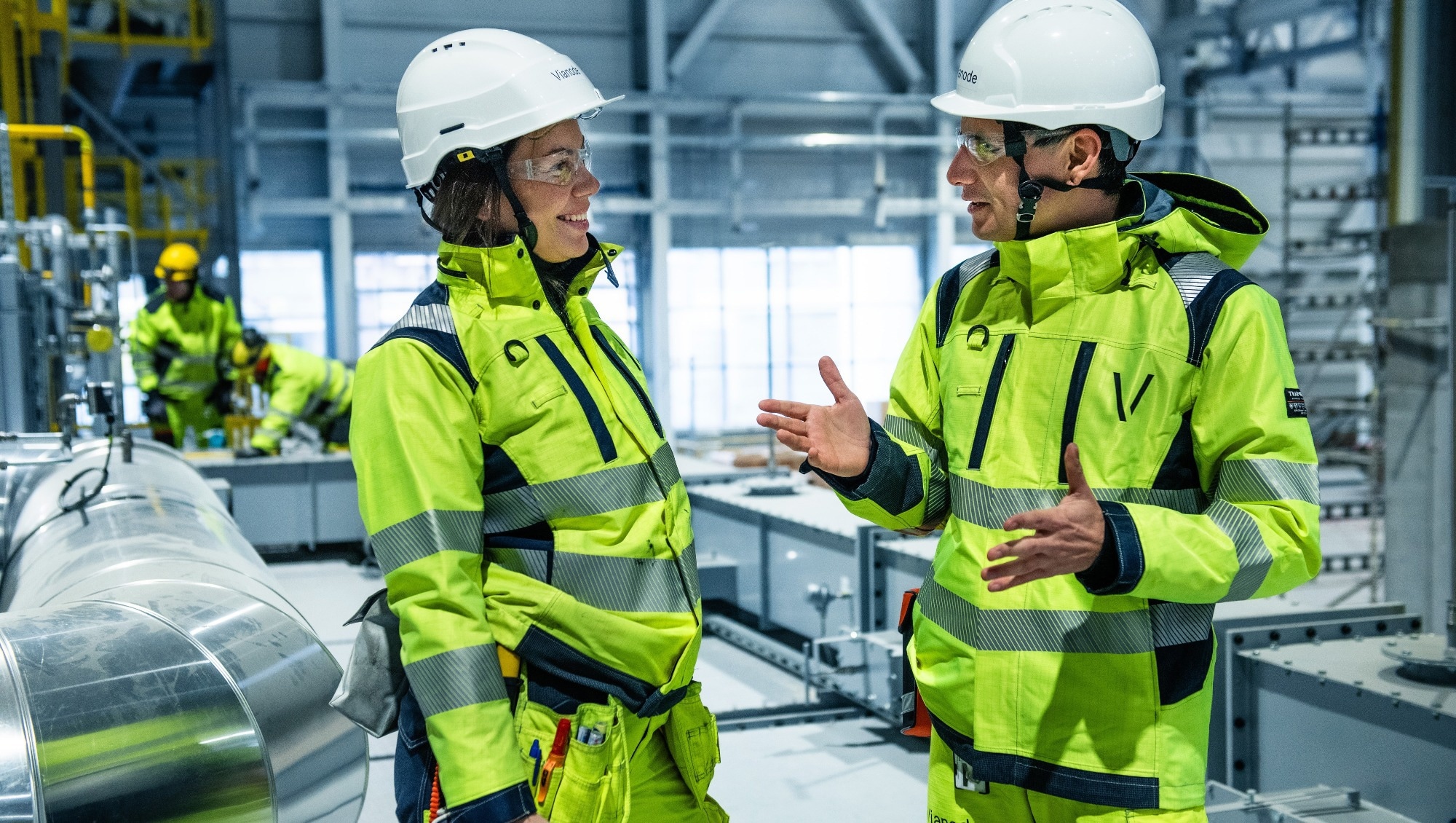A Vianode-led initiative for minimising process industry emissions has received a USD 7 million (NOK 75 million) grant from the Norwegian Research Council. The grant will be used to develop technologies for data capture and advanced process control to enable more efficient and environmentally friendly production methods and support zero-emission process industry in Norway, both through facility upgrades and greenfield establishments.

Image Credit: Vianode
Vianode has been selected to oversee a series of comprehensive testing. The project will commence in Norway with initial preparations at Vianode's industrial pilot facility in Kristiansand. Following this, the project will progress to an industrial-scale testing environment at the company's customer qualification plant at Herøya and later at Vianode’s planned large-scale manufacturing plant during the 2024 to 2026 project period.
A significant share of the grant will be used to prepare the ground for a more digitised and sustainable large-scale process industry, developing solutions that will be applied to Vianode’s large-scale plant for synthetic anode graphite solutions.
“Innovation and digitalisation are crucial for delivering tailor-made high-performance anode graphite solutions to customers with a low environmental footprint. The grant will contribute to positioning Vianode at the forefront of advanced data-driven production, which can drive more sophisticated customisation options for customers and serve as a foundation for continuous improvement and more resource-efficient processes,” says Burkhard Straube, CEO of Vianode.
The process industry in Norway employs just over 25,000 people and accounts for about 18% of the country's total export of physical goods. The greenhouse gas (GHG) emissions from the process industry in Norway are reduced by 41% since 1990, but still make up 23% of Norway’s emissions. Globally, the sector accounts for a significant portion of the world’s GHG emissions.
“The insights gained from Vianode may have major ripple effects across sectors, beyond making a material contribution to decarbonise the value chain for batteries and EVs. We depend on public schemes to support rapid and efficient market entry at scale, in exchange for substantial long-term value creation through industrialisation, economic activity, job creation and future tax revenues,” says Straube.